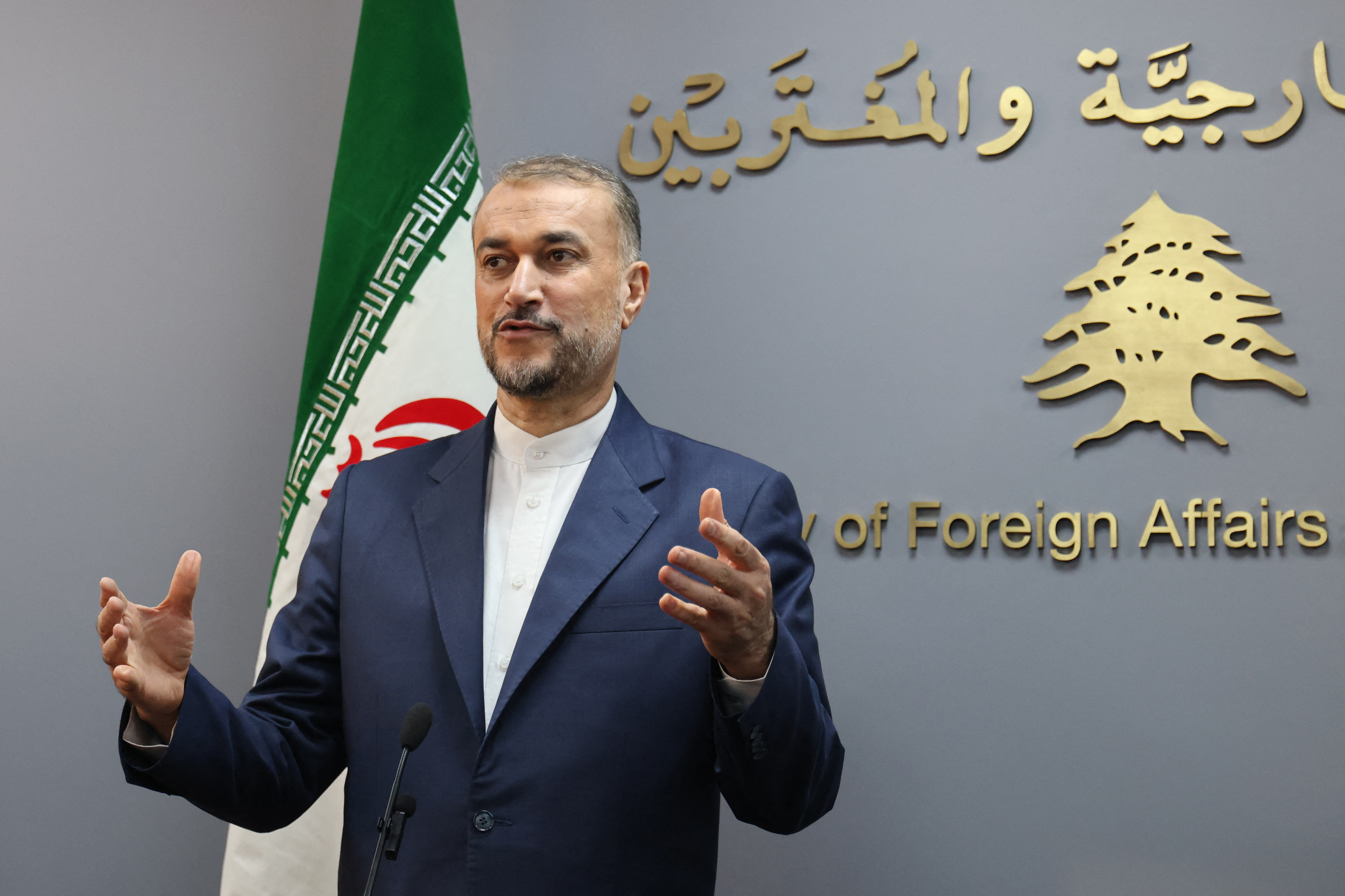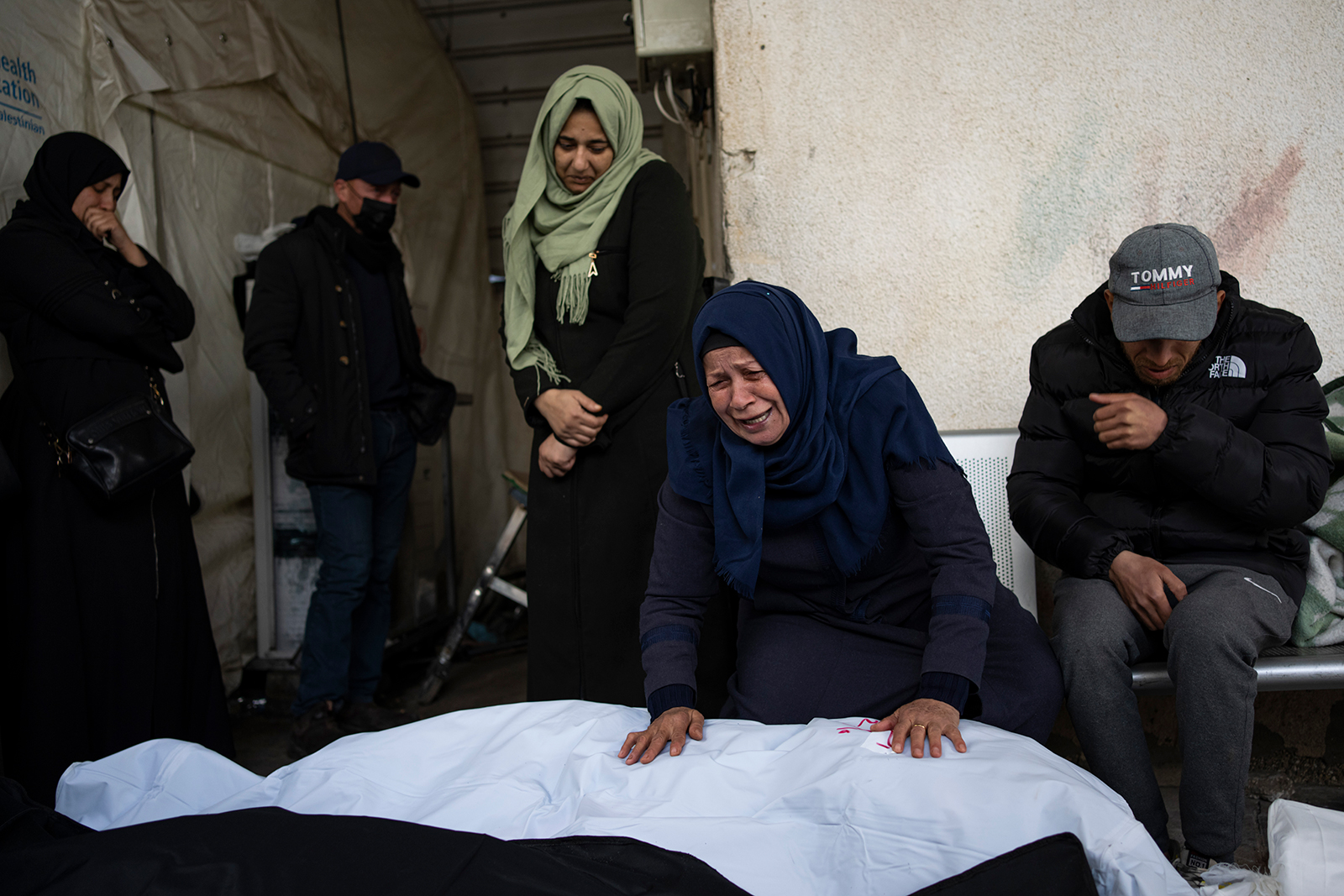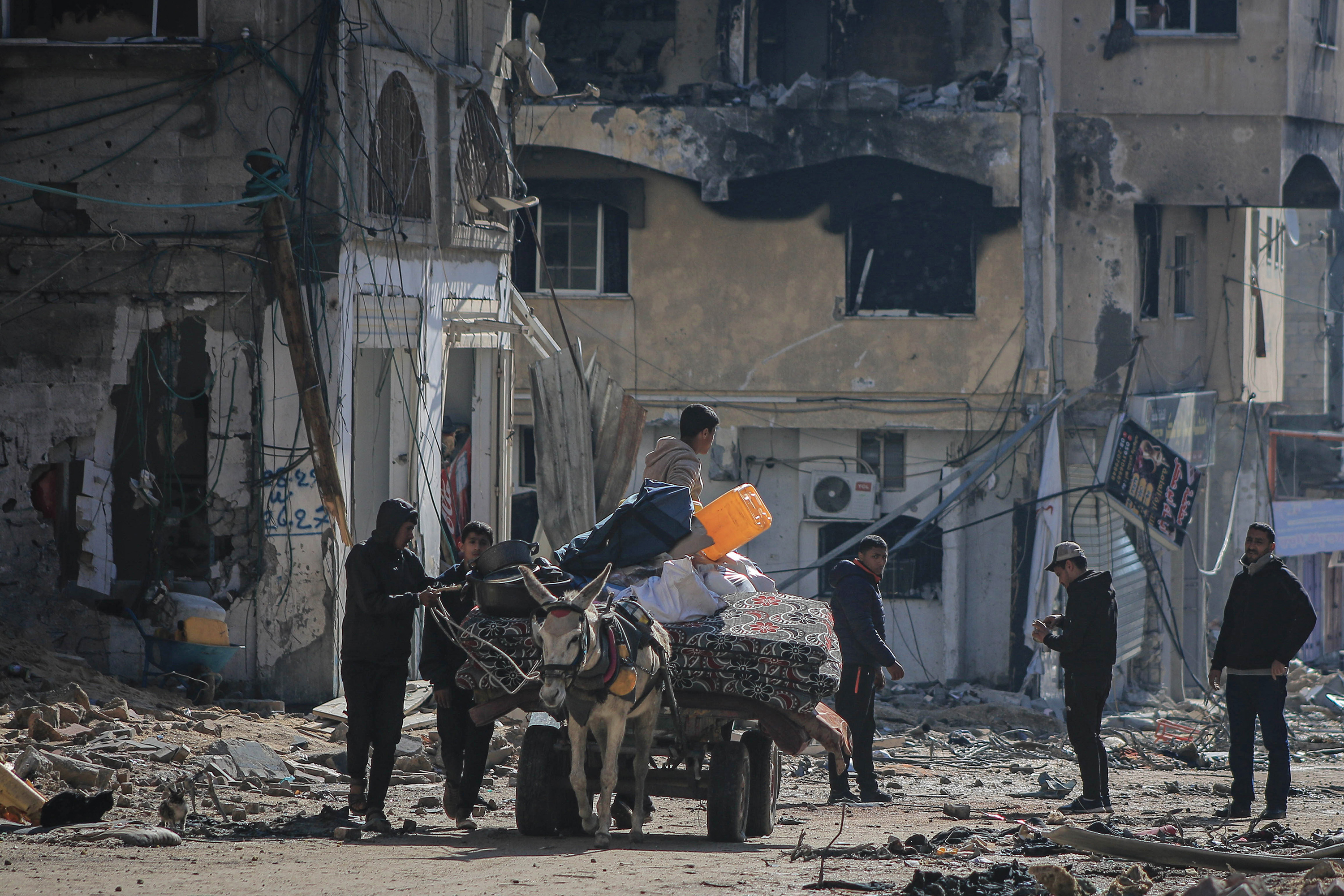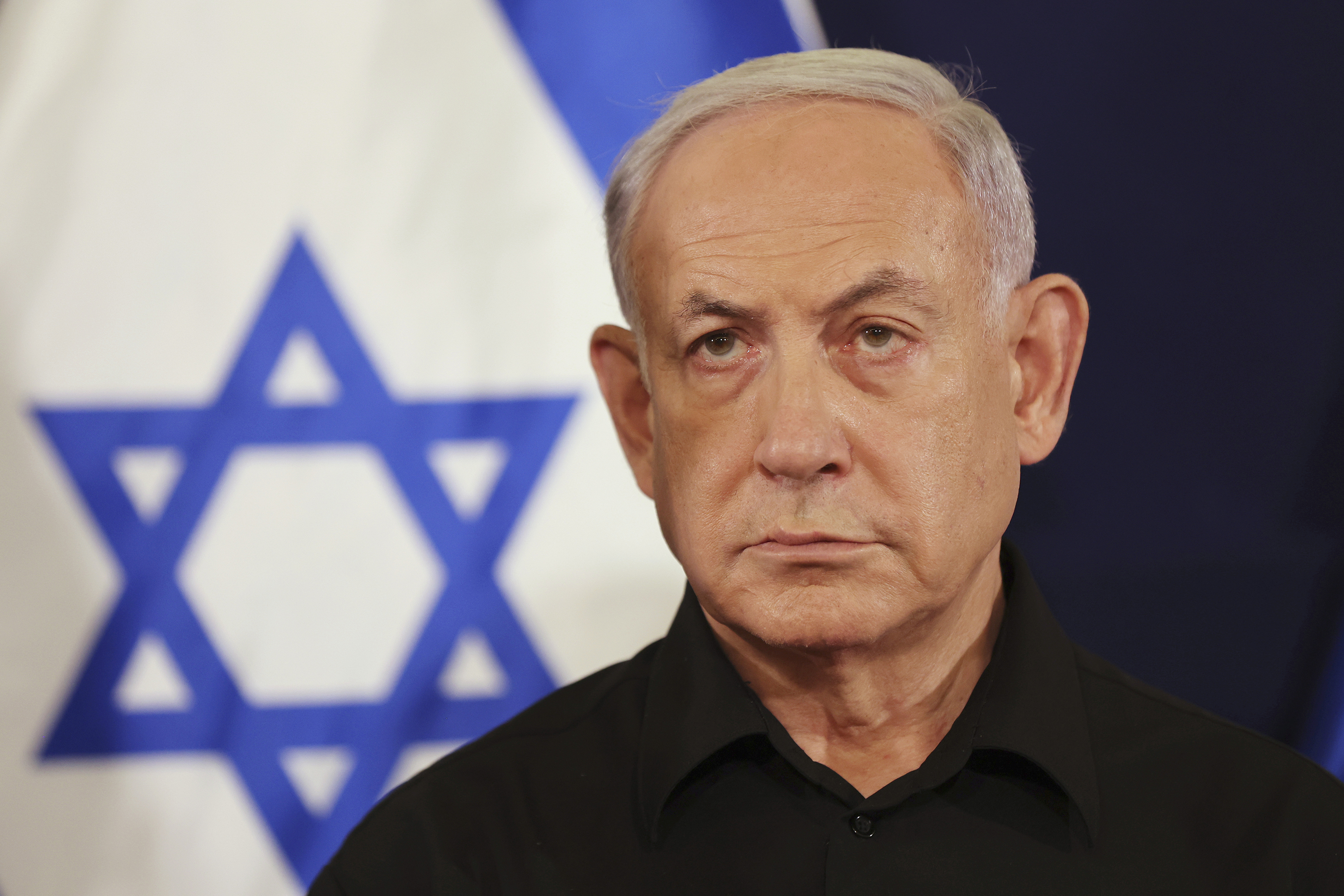
Iranian Foreign Minister Hossein Amir-Abdollahian on Saturday called for a political solution to end the war in Gaza and said that Tehran is in diplomatic talks with Riyadh to work on the issue.
"The region is moving toward stability, security and political solutions," Amir-Abdollahian said in a news conference during a visit to Beirut, Lebanon. "We announced from the beginning that war will not be the solution."
"The end of the war means the end of Netanyahu and his extreme cabinet," the Iranian foreign minister added, also warning Israel against further escalation in Lebanon, saying it cannot fight effectively on two fronts.
Amir-Abdollahian earlier met with Hezbollah chief Hassan Nasrallah during his visit to Lebanon.
Remember: Conflict involving Western powers and Iranian proxies, like the powerful paramilitary group Hezbollah and the Houthi rebels in Yemen, is central to concerns the Israel-Hamas war could spread into a wider Mideast conflict.







